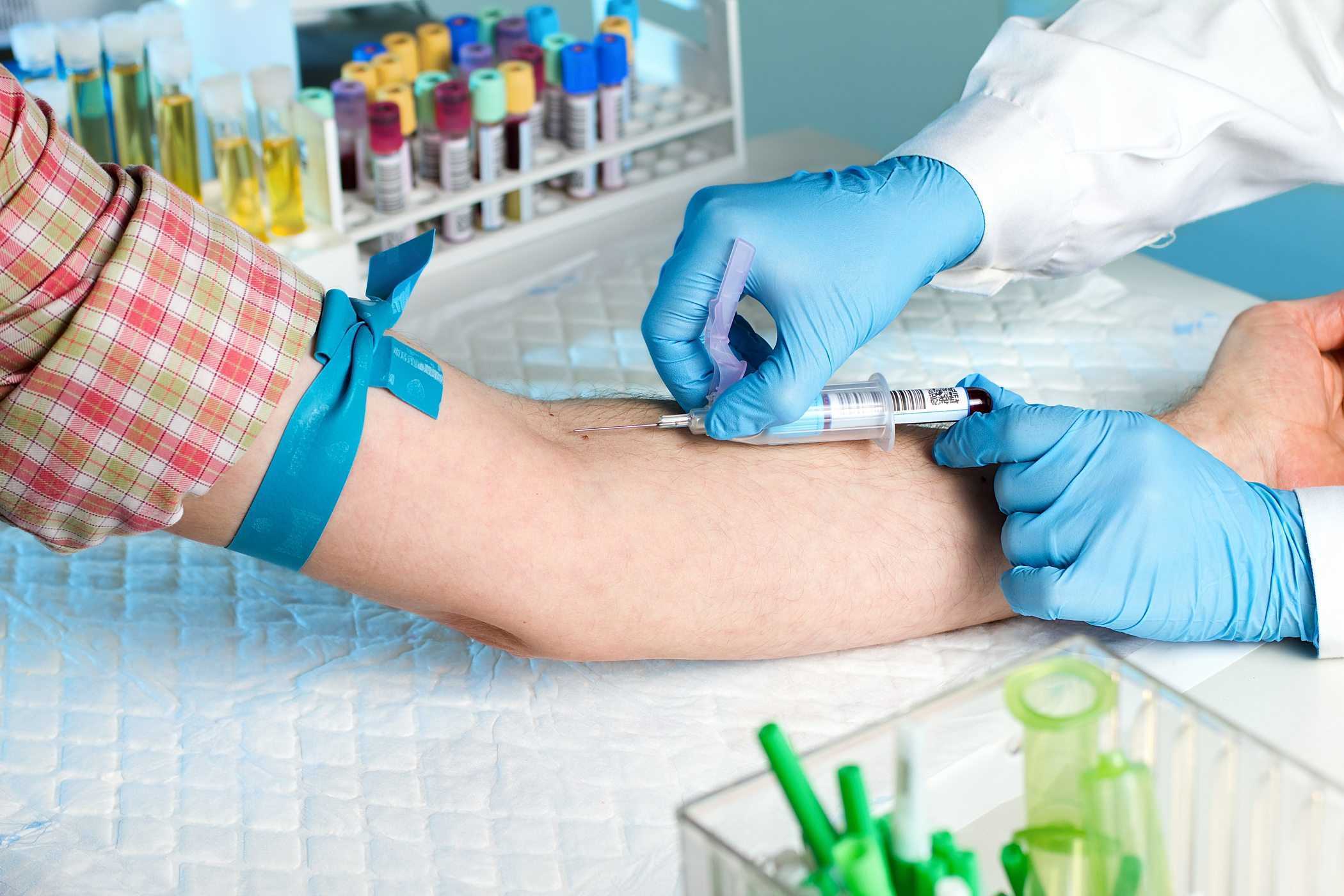Contents:
- Medical Video: Testing your Genes for Cancer
- What is genetic testing?
- What are the uses of genetic testing?
- Who needs to do genetic testing?
- What are the benefits of genetic testing?
- What needs to be considered before making a decision to do genetic testing
- Must consult with genetic counselor
- Make sure that you really need genetic testing
- Don't panic with meaningless results
- Think carefully about the steps that will be taken after you know the test results
Medical Video: Testing your Genes for Cancer
Do you remember in 2013 when Angelina Jolie shocked the world with her decision to double mastectomy aka lift both breasts at once? Why did this actress make that decision? Genetic testing is the reason. The results of genetic testing state that Jolie has a 87% chance of developing breast cancer and ovarian cancer.
What is genetic testing?
Genetic testing is a test to see if there are mutations or changes in the composition of the genes in your body, which can cause disease. At present, thousands of types of genetic tests have been used, and are predicted to continue to grow.
What are the uses of genetic testing?
The following are the uses of genetic testing:
- Diagnose disease.
- Identify changes in genes that cause diagnosed diseases.
- Determine how severe the disease is suffered.
- Helping the doctor to determine the type of treatment or treatment needed by the patient.
- Identifying gene changes that can increase a person's risk of developing certain diseases.
- Identify diseases that might be passed on to offspring.
- Identifying certain diseases in newborns.
Who needs to do genetic testing?
Usually, doctors will recommend patients to do genetic testing if there is a family member of the patient who has the same disease or the same disease pattern. After that, you will consult with genetic counselor to discuss more about the steps that should be taken. Here are people who might need genetic testing:
- If your closest family (mother, father, brother, sister or child) has the same disease. For example, for cancer, if there are those who have cancer, especially with the same type, then maybe you are recommended to do genetic testing.
- If there are certain cancers in your family that are usually associated with one mutation or change in genes (for example, breast cancer, ovarian cancer, and pancreatic cancer).
- Some of your family has the disease at a younger age than is generally the case.
- There are physical signs that indicate an illness.
- Mutations or gene changes have been identified in more than one member of your family who have done genetic testing.
What are the benefits of genetic testing?
The advantage of genetic testing is that you can have a better knowledge of the risks of certain diseases that you might have. This test is not perfect, but it can help you make decisions about your health.
Negative results from this genetic test may also help you reduce your sense of fear or uncertainty about a disease that you might be suffering from. If the results of the test are positive, these results can help you make important decisions about your future, including informing you of the diseases that you might experience as early as possible, determining what you can do to reduce the potential for illness, and helping doctors determine the treatment right for you.
What needs to be considered before making a decision to do genetic testing
Must consult with genetic counselor
Do not let you make the decision to do genetic testing based on what you see on the internet, or because of what your family doctor said. You should go to the consultation first genetic counselor, because your family doctor may not know as much as genetic testing genetic counselor know.
Other than that, genetic counselor will spend hours or even more to make sure that genetic testing is the right step for you, which your family doctor might not have time for. Genetic counselor will also explain in detail the risks that will be faced, what you will face during genetic testing, and so forth.
Make sure that you really need genetic testing
Don't make the decision to do genetic testing because you are curious about the composition of your genes. Keep in mind that sometimes these tests can produce inconclusive or meaningless results, and you end up spending your life worrying about these results. Experts recommend that you do this test if your family has a history of certain diseases.
Don't panic with meaningless results
Sometimes, genetic testing does give inconclusive or confusing results. Don't panic. There is always a possibility that the result is wrong. Consult the results of the test with genetic counselor. Your family doctor may not be too familiar with the results of your genetic testing.
Think carefully about the steps that will be taken after you know the test results
Keep in mind that not all abnormal genes will have the same percentage of possible effects. Think carefully about the next step you will take.












